Energy-Efficient Reliable Routing in Wireless Ad Hoc Networks
Problem Definition
The problem that can be addressed using the project "Energy-Efficient Reliable Routing Considering Residual Energy in Wireless Ad Hoc Networks" is the optimization of energy consumption in wireless ad hoc networks while ensuring reliability and maximizing network lifetime. With the increasing use of wireless ad hoc networks for various applications, such as IoT and mobile communications, the need for efficient routing algorithms that consider both energy consumption and reliability is crucial. By utilizing the RMER and RMECR algorithms, the project aims to improve the overall efficiency of the network by minimizing energy consumption for packet traversal while also enhancing the reliability through hop-to-hop or end-to-end retransmission. By considering factors such as residual energy, battery life, and link quality, the project can address the challenge of balancing energy efficiency, reliability, and network lifetime in wireless ad hoc networks.
Proposed Work
The proposed work titled "Energy-Efficient Reliable Routing Considering Residual Energy in Wireless Ad Hoc Networks" focuses on utilizing two algorithms for energy-aware routing in wireless ad hoc networks: RMER (reliable minimum energy routing) and RMECR (reliable minimum energy cost routing). Addressing the critical needs of network lifetime, energy-efficiency, and reliability, RMECR considers factors such as energy consumption, battery life, and link quality to enhance the overall efficiency of the system. On the other hand, RMER focuses on minimizing energy consumption for routing, ensuring reliability through hop-to-hop or end-to-end retransmission. By combining both algorithms, RMECR proves to be more efficient in improving the network's lifetime. This work falls under the categories of NS2 Based Thesis Projects and Wireless Research Based Projects, specifically in the subcategories of Mobile Computing Thesis and Routing Protocols Based Projects.
The software used for implementing and analyzing these algorithms is NS2.
Application Area for Industry
The project "Energy-Efficient Reliable Routing Considering Residual Energy in Wireless Ad Hoc Networks" can be highly beneficial in various industrial sectors that heavily rely on wireless ad hoc networks for communication and data transfer. Industries such as IoT (Internet of Things), mobile communications, smart manufacturing, and transportation can greatly benefit from the proposed solutions. These industries face challenges such as limited battery life, network congestion, and unreliable data transmission in wireless ad hoc networks. By implementing the RMER and RMECR algorithms, these industries can optimize their energy consumption, improve network reliability, and maximize the overall network lifetime. The project's solutions can be applied within different industrial domains to address specific challenges, such as ensuring real-time data transmission in smart manufacturing, enhancing connectivity and communication in IoT devices, and improving navigation and tracking systems in transportation.
Overall, the implementation of these energy-aware routing algorithms can lead to increased efficiency, cost savings, and enhanced performance in various industrial sectors utilizing wireless ad hoc networks.
Application Area for Academics
The proposed project "Energy-Efficient Reliable Routing Considering Residual Energy in Wireless Ad Hoc Networks" offers a valuable opportunity for MTech and PhD students to conduct innovative research in the field of wireless ad hoc networks. By focusing on optimizing energy consumption, ensuring reliability, and maximizing network lifetime, the project addresses a pressing need in the realm of IoT and mobile communications. MTech students and PhD scholars can use the RMER and RMECR algorithms to develop novel routing protocols that cater to the specific requirements of energy-aware wireless networks. By leveraging the code and literature provided in this project, researchers can explore advanced research methods, conduct simulations, and perform data analysis to enhance their dissertations, theses, or research papers. Additionally, MTech and PhD students specializing in Mobile Computing Thesis and Routing Protocols Based Projects can benefit from the project's emphasis on network efficiency and reliability.
The future scope of this research includes further optimization of energy-efficient routing algorithms, integration of machine learning techniques, and deployment of real-world experiments to validate the proposed solutions. Overall, this project has the potential to contribute significantly to the advancement of wireless ad hoc networks and empower researchers to push the boundaries of innovation in this domain.
Keywords
Energy-Efficient, Reliable Routing, Residual Energy, Wireless Ad Hoc Networks, Optimization, Energy Consumption, Reliability, Network Lifetime, Efficient Routing Algorithms, RMER Algorithm, RMECR Algorithm, Packet Traversal, Hop-to-Hop Retransmission, End-to-End Retransmission, Residual Energy, Battery Life, Link Quality, Balancing Energy Efficiency, Network Efficiency, Network Lifetime, Energy-Aware Routing, RMER, RMECR, NS2 Based Thesis Projects, Wireless Research Based Projects, Mobile Computing Thesis, Routing Protocols Based Projects, NS2 Software.
| Shipping Cost |
|
No reviews found!













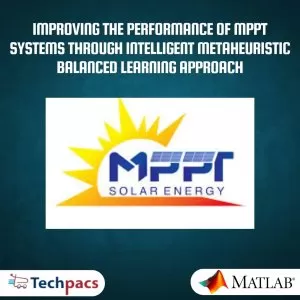
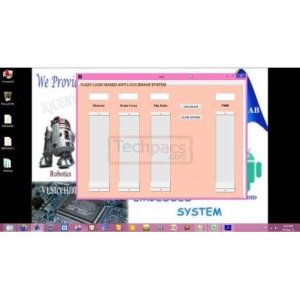
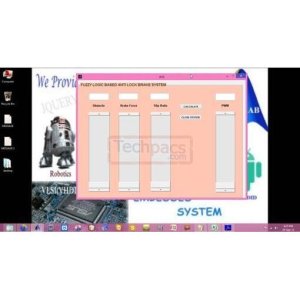
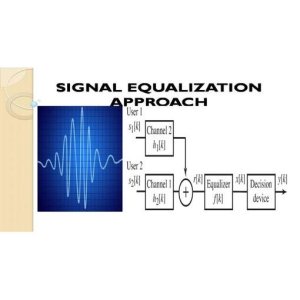
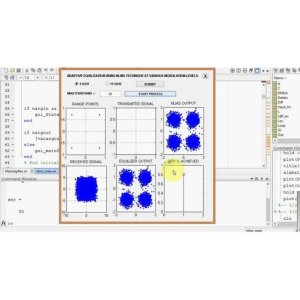
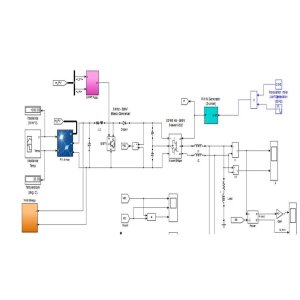
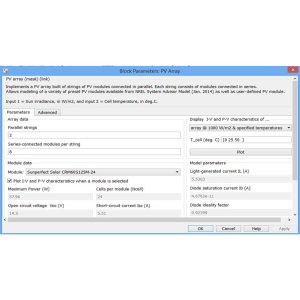
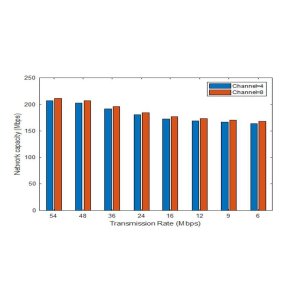
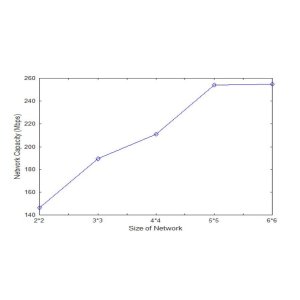































No comments found for this product. Be the first to comment!